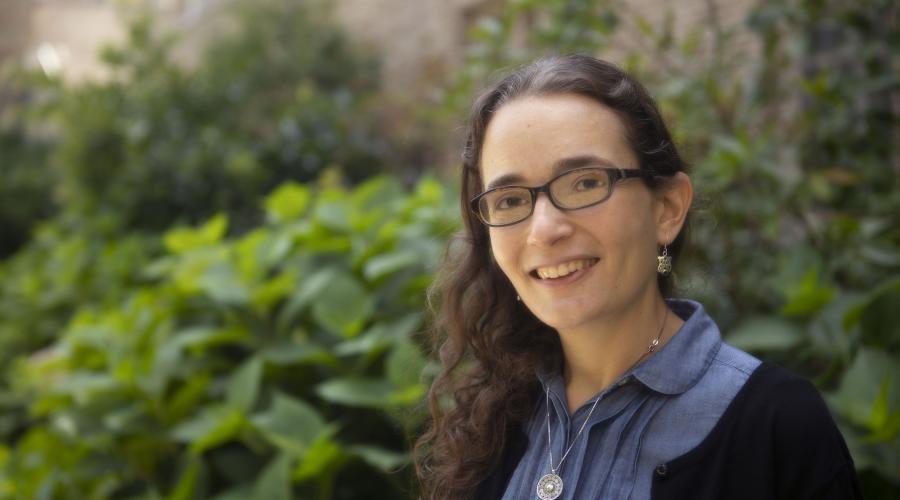
Cohesion Drives Union Decision: Bishara Research
Why do some labor unions engage in elections – endorsing parties or running themselves –while others do not?
That is the central question of a new research article by ILR Assistant Professor Dina Bishara and co-author Sharan Grewal, a College of William & Mary assistant professor, in the April print edition of Comparative Politics, published by the City University of New York.
“Political, Not Partisan: The Tunisian General Labor Union under Democracy”
considers internal cohesion as an often overlooked driver in whether unions engage in elections.
The authors highlight Tunisia's General Labor Union, which has chosen not to participate, despite that it is well-organized and popular, and has a successful history of political involvement dating to the 1950s.
“Conventional explanations focus on unions' economic interests, organizational power, and militancy in the lead-up to democratization. The behavior of the Tunisian General Labor Union (UGTT), however, challenges these expectations,” according to the authors. “This article leverages this case to theorize an additional factor shaping electoral behavior: internal cohesion.”
The union, they said, “ … is too divided to agree on a party or platform. We provide interview and survey evidence of the deep divisions within the UGTT, including along ideological, regional, and mission-related lines. Each of these would be aggravated by a decision to engage in elections.”
The authors interviewed union leaders and surveyed union members to learn that there are internal sensitivities around secular vs. Islamist ideologies, coastal vs. interior regional differences and apolitical and political missions.
The “threat of internal fragmentation acts as a powerful internal constraint, even in situations where unions are otherwise well-positioned to engage in elections,” Bishara and Grewal wrote.
Concerns for maintaining internal cohesion impacts unions in places such as Indonesia, Ghana, Niger, Nigeria and in the United States, where the AFL-CIO, despite endorsing Democratic candidates, is not formally allied with the Democratic Party, according to the research.
In 2021, Comparative Politics published another article by Bishara. ``Precarious Collective Action: Unemployed Graduates Associations in the Middle East and North Africa” explores why university graduates in the Middle East and North Africa formed collectively in some countries, but not others.
“Conventional explanations – focused on grievances, political opportunities, or pre-existing organizational structures – cannot account for this variation,” Bishara wrote. “Instead, I point to the power of ideologically conducive frames for mobilization around the time that grievances become salient.”
The article offers one of the first comparative studies of the mobilization of the unemployed in a non-Western, non-democratic context, she said.